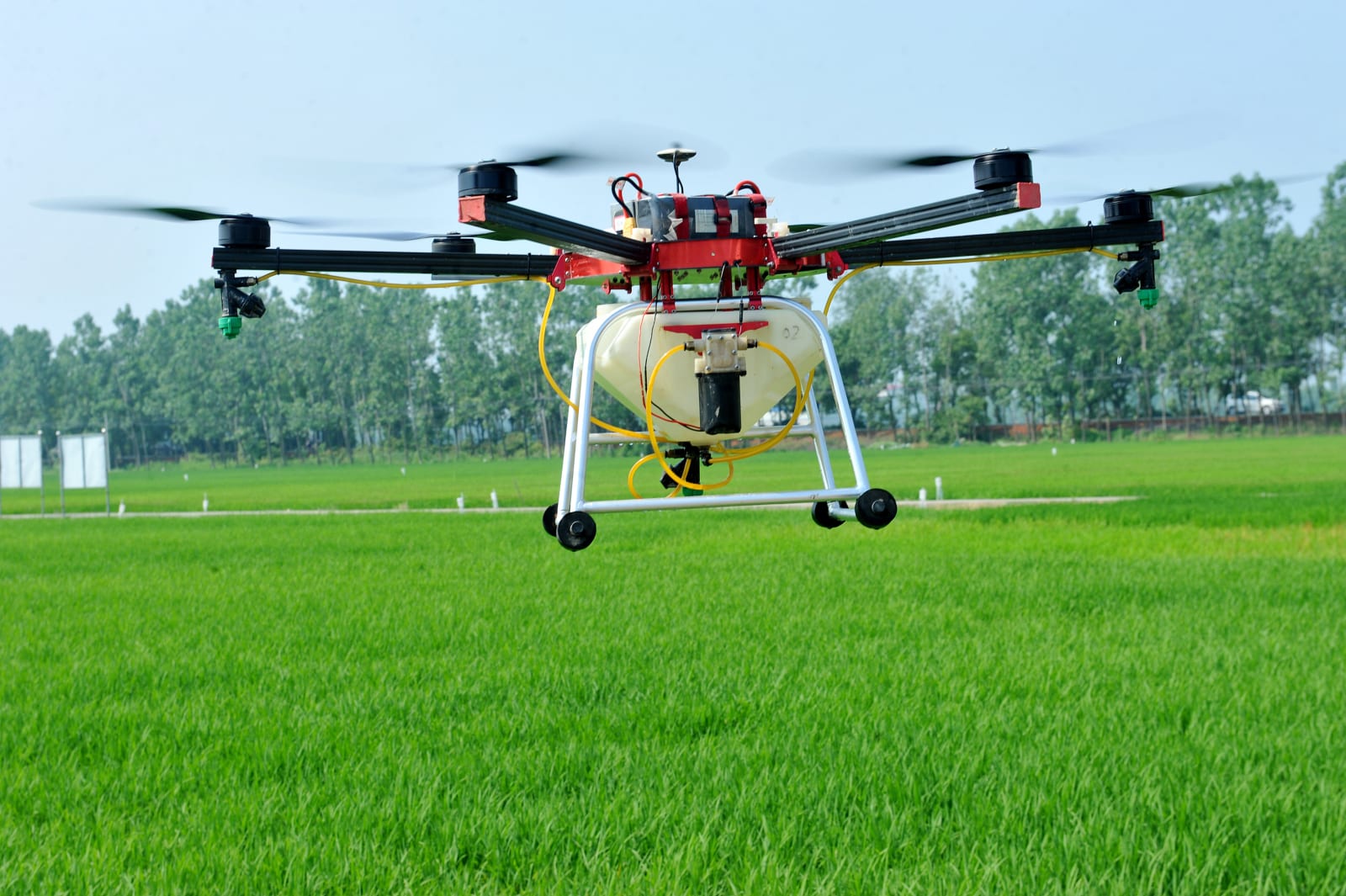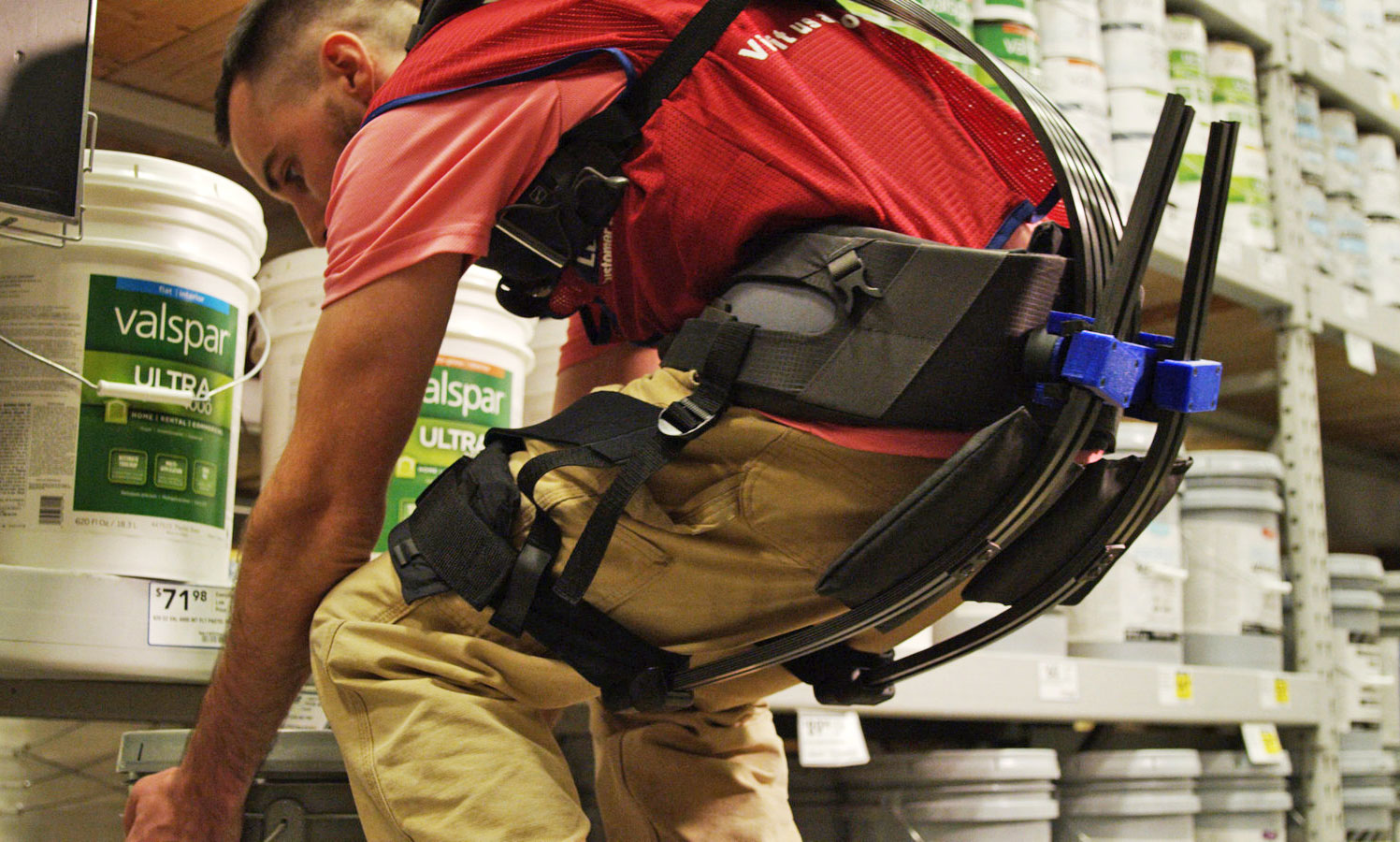
Oh gosh, we haven't been so panicked since our phones were hypothetically possessed by demons. And come to think of it, this is theoretically far, far worse. A research group at Virginia Tech is claiming that, due to the particular way 4G data is transmitted, an LTE base station can be sabotaged using lightweight equipment that costs as little as $650. Such a thing is possible because, unlike 2G and 3G, LTE depends on control instructions that occupy only a tiny fraction of the total signal -- and details of those specific frequencies have been openly published.
According to the research group's director, Jeff Reed, a single malicious operative with a hot briefcase and a bit of know-how could take down "miles of LTE signals." If the attacker splashed out on an amplifier, they could cut off reception for thousands of people across a whole city or region. Reed stresses that there are no known instances of this happening yet, but also warns that he can see no "mitigation strategies" that can "cover it all." Let us pray that humanity's characteristic inability to agree on anything -- including a universal LTE standard -- will be our salvation.
Filed under: Cellphones, Wireless, Science, Mobile
LTE: fast, global, silenced by a $650 radio jammer originally appeared on Engadget on Thu, 15 Nov 2012 07:32:00 EDT. Please see our terms for use of feeds.
Permalink |
 Technology Review
Technology Review |
Email this |
Comments
 The US government is making good on its promise to expand the use of drones. The Department of Transportation has named the 10 projects that will participate in its Unmanned Aircraft Systems Integration Pilot Program, and they represent a wide swath...
The US government is making good on its promise to expand the use of drones. The Department of Transportation has named the 10 projects that will participate in its Unmanned Aircraft Systems Integration Pilot Program, and they represent a wide swath...
 The US government is making good on its promise to expand the use of drones. The Department of Transportation has named the 10 projects that will participate in its Unmanned Aircraft Systems Integration Pilot Program, and they represent a wide swath...
The US government is making good on its promise to expand the use of drones. The Department of Transportation has named the 10 projects that will participate in its Unmanned Aircraft Systems Integration Pilot Program, and they represent a wide swath...
 Here's a question: how does a self-driving car reveal its intentions to you without an audio cue? Humans can gesture when they let you cross the street, but autonomous vehicles don't have that luxury. Ford and Virginia Tech think they have the answ...
Here's a question: how does a self-driving car reveal its intentions to you without an audio cue? Humans can gesture when they let you cross the street, but autonomous vehicles don't have that luxury. Ford and Virginia Tech think they have the answ...
 Exoskeletons aren't just for shipyard workers or people with limited mobility. If Lowe's has its way, they'll help store staff fetch your giant bucket of paint. The home improvement retailer has partnered with Virginia Tech to test prototype passive...
Exoskeletons aren't just for shipyard workers or people with limited mobility. If Lowe's has its way, they'll help store staff fetch your giant bucket of paint. The home improvement retailer has partnered with Virginia Tech to test prototype passive...
 Apple hasn't shown off anything like HoloLen or Oculus Rift yet, but there's something in the works. The Financial Times reports Apple has hired one of the nation's leading experts on virtual and augmented reality, Virginia Tech computer science prof...
Apple hasn't shown off anything like HoloLen or Oculus Rift yet, but there's something in the works. The Financial Times reports Apple has hired one of the nation's leading experts on virtual and augmented reality, Virginia Tech computer science prof...



